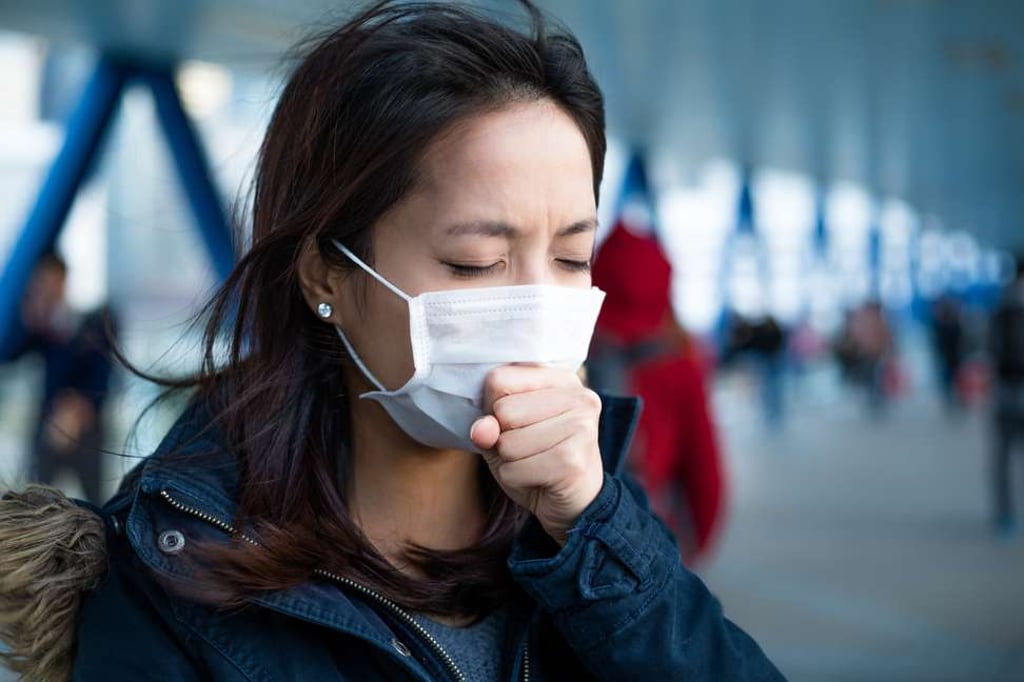Why polluted Hong Kong needs a better programme to deal with asthma awareness and control
There are between 300,000 an 400,000 asthmatics in Hong Kong and the disease is becoming more prevalent every year. Proper diagnosis and treatment would help relieve suffering and save lives

About 300 million people suffer from asthma globally, with 250,000 annual deaths traced to the disease. The number of people with asthma will grow by more than 100 million by 2025, according to The American Academy of Allergy, Asthma and Immunology. So it’s not surprising that there’s an annual World Asthma Day dedicated to raising asthma awareness and care around the world. This year, it falls on May 2.
According to the Hong Kong Asthma Society, about 10 per cent of children and 5 per cent of adults in Hong Kong have asthma, which means there are some 300,000 to 400,000 asthmatics in the city.
The disease is more prevalent in developed countries than in developing countries. It’s become more prevalent in Hong Kong over the past 30 years, where dismal air quality adversely affects the lungs. The city’s chronic air pollution is affecting its global liveability rankings, as seen earlier this month when it dropped on the annual ECA International ranking, to the 29th most liveable location for Asian expatriates out of 470 countries around the world (last year it was 28th), and was described as “a first-world city with third-world air quality levels” by ECA’s regional director for Asia, Lee Quane.
“It is well documented that high pollutant exposure in childhood inhibits lung growth,” says Dr Lee Tak-hong, the director of the Allergy Centre of Hong Kong Sanatorium & Hospital. Children between the ages of four and eight are most susceptible to asthma.

As it is a chronic disease, good follow-up is key. However, asthmatics across Asia are not well controlled. Some patients are given the wrong diagnosis, as asthma can be mistaken for bronchitis or having sensitive airways.
